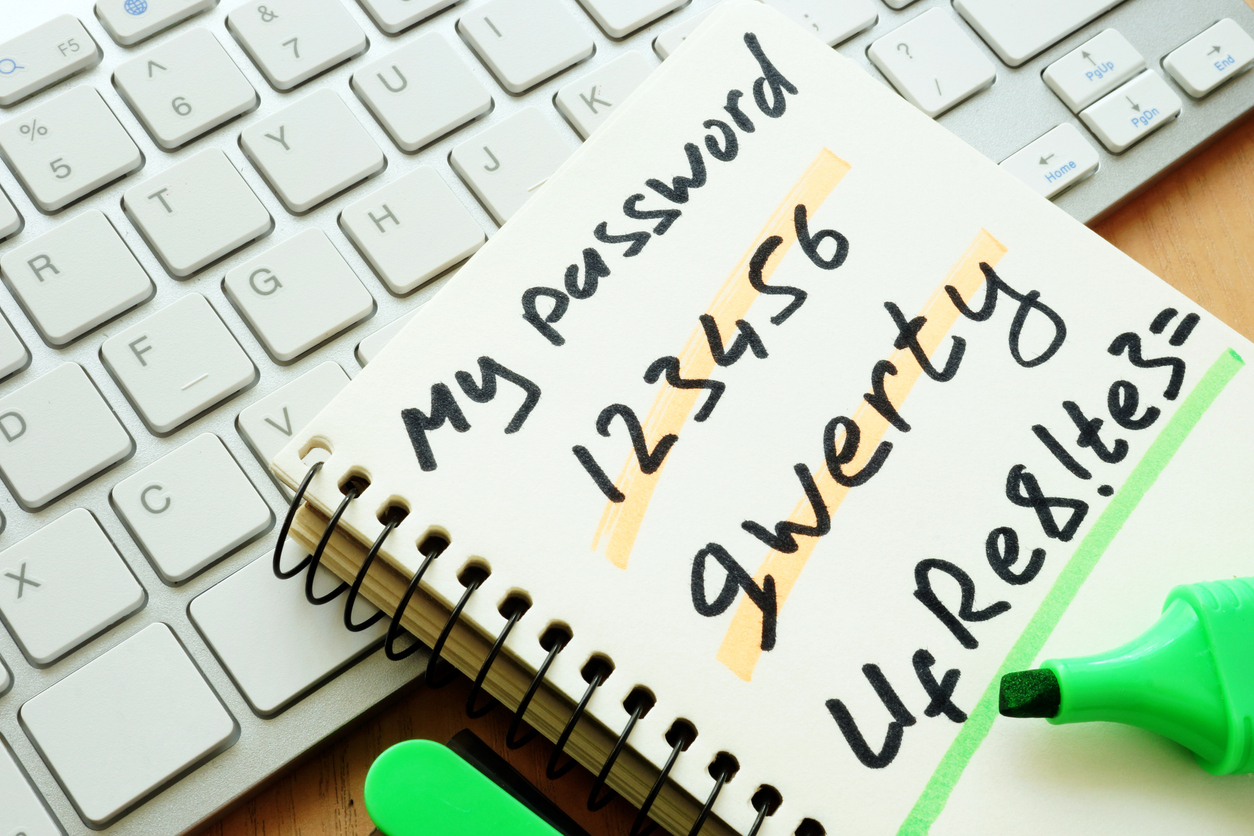In today’s digital world, cybersecurity is a big deal for all businesses, big and small. Many small businesses operate with limited resources and rely heavily on technology, making them especially vulnerable to cyber threats. It’s vital that small businesses take cybersecurity seriously, and it’s reassuring to know that a few smart practices can go a long way in protecting your business, your customers, and your reputation.
Start with Strong Passwords
Using a weak password is like hiding your house key under your welcome mat or setting your access code to “1234”. Vulnerabilities like that are exactly what cybercriminals look for. Strong passwords should include a mix of letters, numbers, and special characters. Where possible, implement multi-factor authentication (MFA); it’s a simple step that adds an extra layer of security by requiring a second form of verification.
Keep Software and Systems Updated
Outdated software is a favorite target for hackers. Regularly update your operating systems, antivirus programs, and any business applications. Enable automatic updates where possible to ensure you’re always protected against the latest threats.
Educate Your Team
Your employees are your first line of defense. Provide basic cybersecurity training; include how to spot phishing emails, avoiding suspicious links, and the importance of reporting unusual activity. Continuing annually with cybersecurity training can make a big difference.
Back Up Your Data—Regularly
Data loss can be devastating. Set up automatic backups for critical files and store them securely, preferably offsite or in the cloud. This ensures you can recover quickly in case of a cyberattack or system failure.
Limit Access to Sensitive Information
Not every employee needs access to all data. Use role-based permissions to restrict access to sensitive information. This reduces the risk of internal breaches and accidental data leaks.
Secure Your Wi-Fi Network
Make sure your business Wi-Fi is encrypted and hidden from public view. Use a strong password and consider setting up a separate network for guests to prevent unauthorized access to your internal systems.
Have a Response Plan
If a cyber incident occurs, time is critical. Create a simple incident response plan outlining who to contact, what steps to take, and how to communicate with customers. Practice it annually so everyone knows their role.
Cybersecurity doesn’t have to be complicated. With a few smart, proactive steps, small businesses can significantly reduce their risk and operate with greater confidence. Protecting your digital assets is just as important as protecting your physical ones, and it starts with awareness and action.



